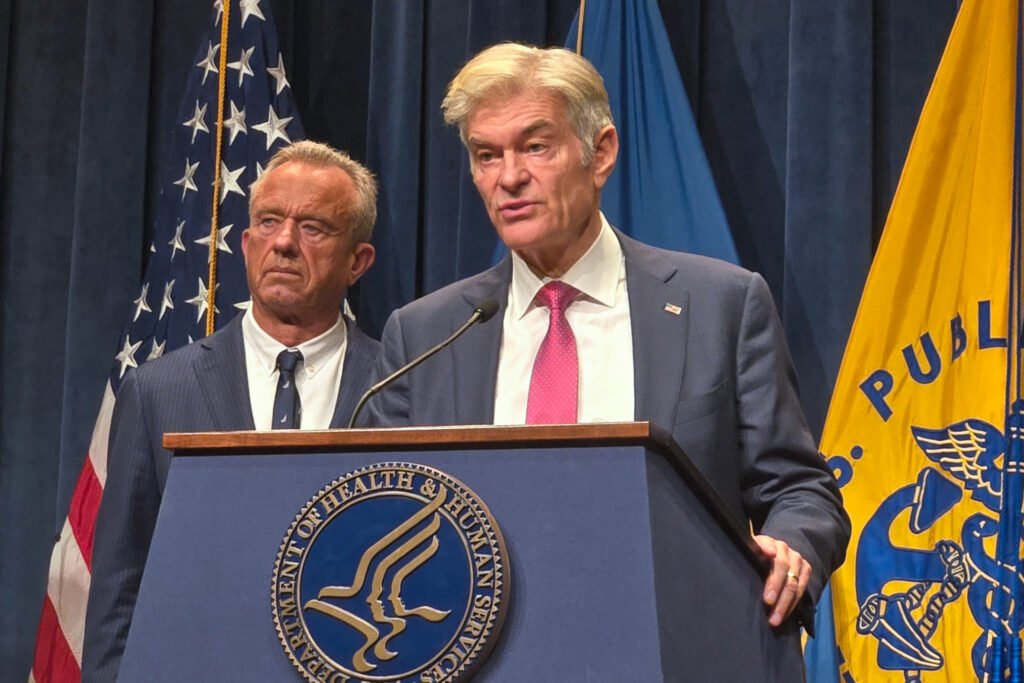The recent agreement among major U.S. health insurers to streamline their preapproval process comes nearly seven months after the tragic shooting of an insurance CEO in New York, shedding light on the issue of denied or delayed care. This agreement involves insurers like Cigna, Aetna, Humana, and UnitedHealthcare, who have committed to making the preapproval system more efficient by reducing the number of medical procedures requiring prior authorization and expediting the review process. The insurers have also promised to use clear language when communicating with patients and ensure that medical professionals review coverage denials.
While the Trump administration officials have praised the insurance industry for taking steps towards change, they have also acknowledged the limitations of the agreement. Mehmet Oz, the administrator of the Centers for Medicare & Medicaid Services, emphasized that the pledge is not a mandate but an opportunity for the industry to demonstrate its commitment to improvement.
One of the key changes proposed by Oz is the elimination of prior authorization for knee arthroscopy, a common procedure for diagnosing and treating knee issues. Additionally, insurers have agreed to allow patients switching insurance plans to continue receiving treatment for 90 days without facing immediate prior authorization requirements from their new insurer.
Despite these commitments, health policy analysts express concerns that prior authorization may still result in patients delaying or forgoing necessary care. The lack of transparency in the prior authorization process often leaves patients unaware of the requirements until they face a denial.
The agreement from insurers follows the tragic incident involving the killing of UnitedHealthcare CEO Brian Thompson, which brought the issue of prior authorization to the forefront. The government officials also noted that the escalating violence in the industry prompted the insurers to take action.
While the pledge signifies a step towards improvement, it is essential to note that prior authorization challenges remain prevalent. Patients and providers continue to criticize insurers for denying doctor-recommended care, especially for those with serious health conditions like cancer who require costly treatments.
Efforts to reform the prior authorization process have been ongoing, with many states enacting laws to address the issue. The use of artificial intelligence in making prior authorization decisions is expected to increase, with insurers aiming to issue 80% of decisions in real-time by 2027.
However, the specifics of the insurers’ commitments and how they will be enforced remain unclear. The government plans to provide more information on participating insurers and performance targets in the coming months. Patient advocates are also working to identify services that should be exempt from prior authorization requirements.
In conclusion, while the agreement reflects a positive step towards improving the preapproval process, the effectiveness of these changes remains to be seen. Patients, physicians, and advocacy groups are looking for substantive actions and transparency from insurers to ensure that the latest pledge leads to meaningful improvements in patient care.


